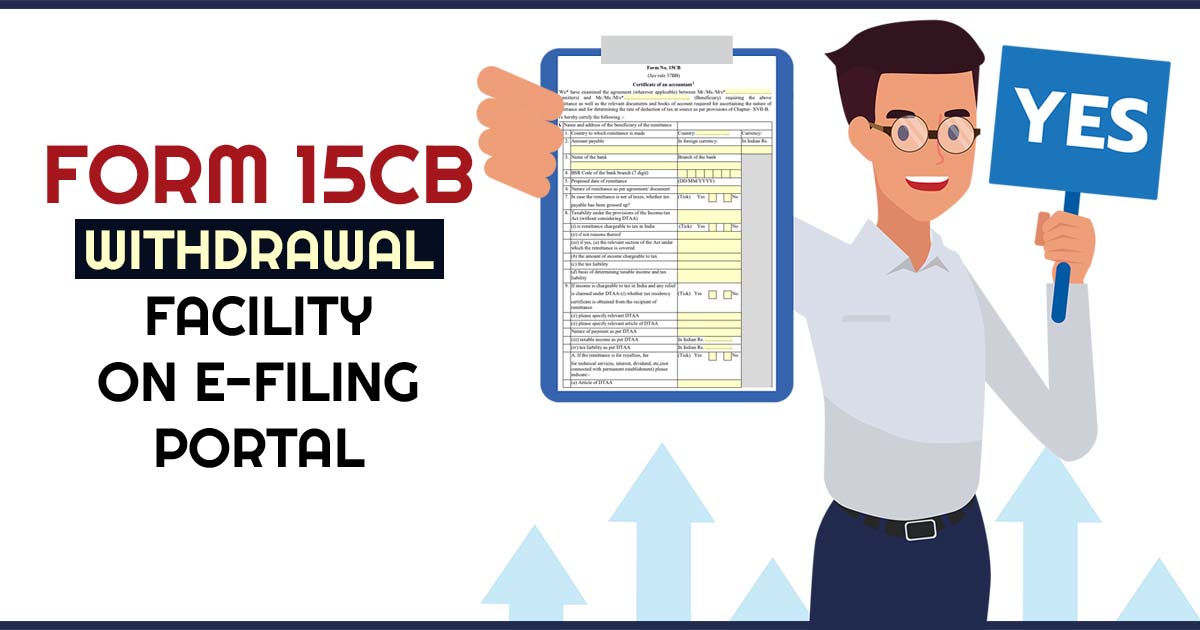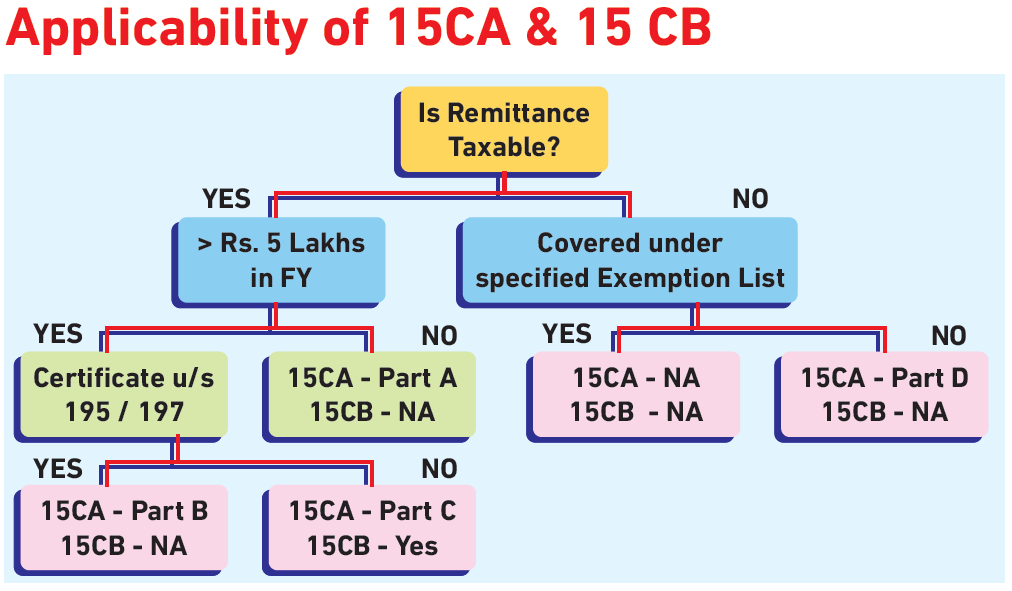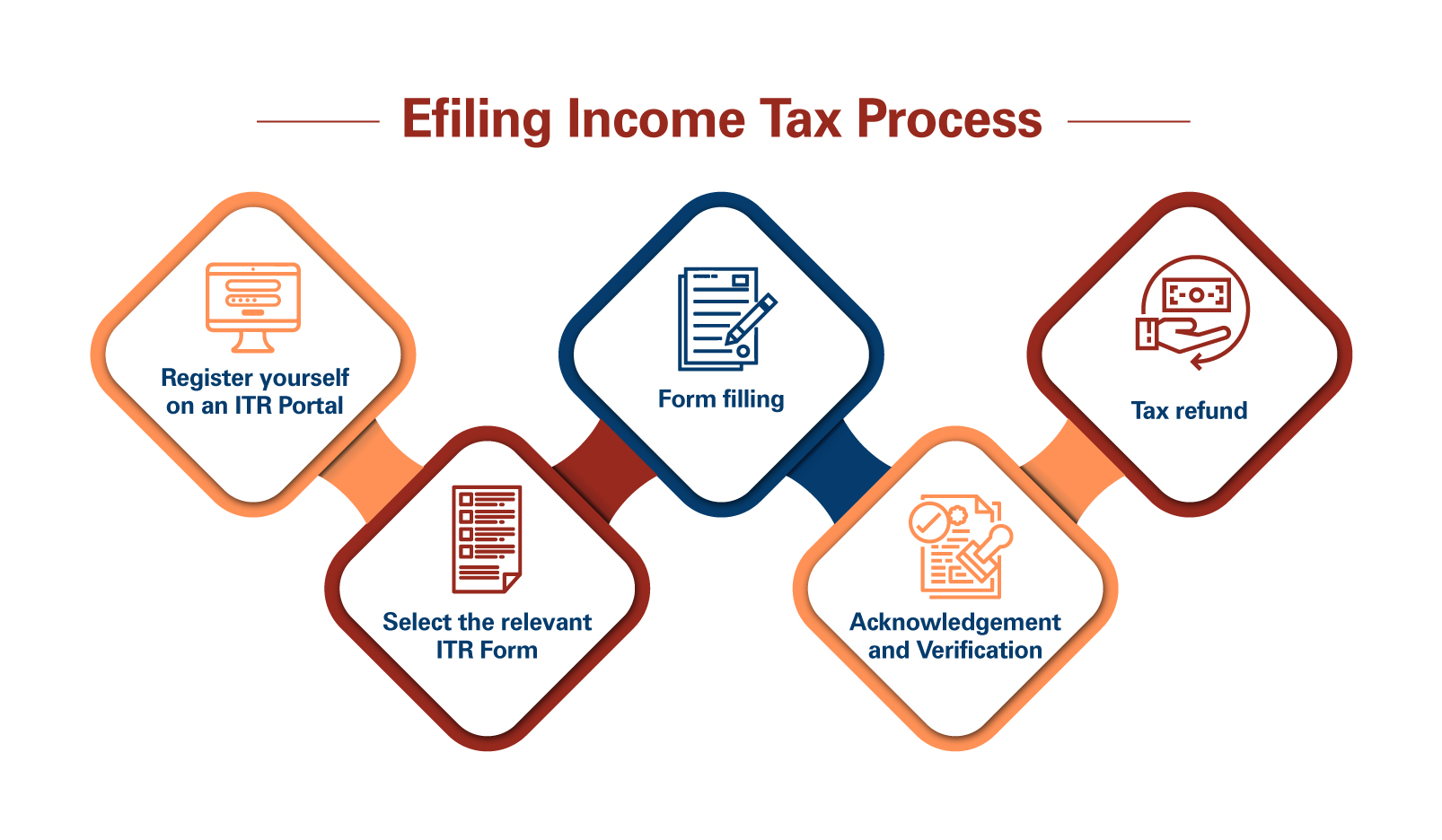What is 15CB?
User Intent Users searching for Form 15CB are likely looking for an in-depth understanding of its purpose, application, and benefits. They might be tax payers, accountants, or business owners dealing with foreign remittances who need to know when and how to use this form. This article provides a step-by-step explanation to help them… Read More »









